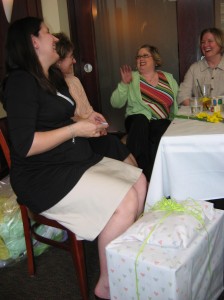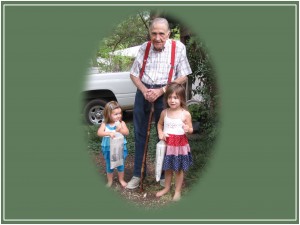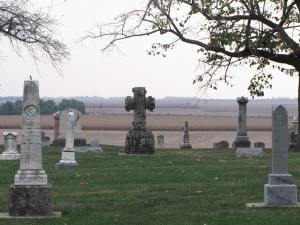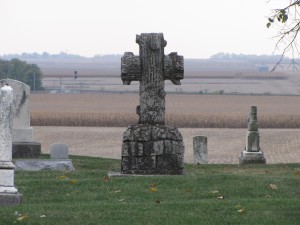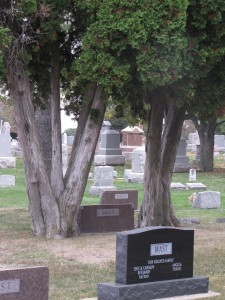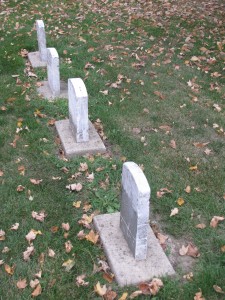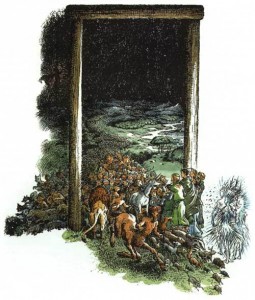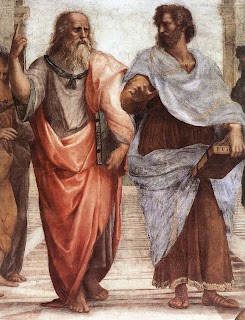I lost a friend this week.
She was one of the most beautiful women I have ever known.
She has suffered for too many years, enduring pain and sorrow, kidney transplants and countless hours of dialysis. Ever since her second transplant failed, her agonies had seemed even worse.
Yet through it all, her heart remained fully God’s. She was selfless, compassionate towards others while she was the one in pain. Even when the limitations of her body sent her emotions spiraling, she still knew and would declare unequivocally that emotions can play you false and that Love was true regardless of how you feel.
When I got the word that God had taken her home, my first emotion was relief. Relief on her behalf that she is finally free at last. Free from her physical body that so limited her spirit.
Yet as I think about this initial reaction of mine, I wonder why I don’t feel this way with everyone. Surely, as Paul said, to depart and be with Christ is better by far, so why did I feel such sadness when Kristina died, when my Papa died?
Surely I don’t want to bring anyone back here to this earth, to this broken world. Surely I don’t want to carry them away from God, away from being free from pain and sorrow.
I search my own heart and finally realize that what I really want is to join them.
I am not sad that they are not here, rather I am jealous that I am not there.
It is not a desire for everyone to stay here with me but a longing for everyone here to be there. With God.
What I really want is for God to come back now. I want Him to make everything right again. Perfect. New.
The Church often gives confusing messages when it comes to death.
We seem to bounce back and forth between the medical view that death is an enemy to be conquered by medical technology and the Ars moriendi view that death is a friend to be embraced because it moves us from the hated physical into the desired spiritual.
It seems to me, rather, that the Christian view, the view that comes from watching how Jesus Himself died, is that death is an enemy, but one that has already been defeated.
This allows for the reality of the sadness that we all feel when someone we love dies and at the same time acknowledges our hope for the future, our hope in the power of Jesus’ resurrection and in His grace that will let us share in that resurrection…that physical resurrection.
I am saddened by death. I hate death’s power to destroy and bring loss.
And I long for the day when God will make our world and our bodies new again, perfect and free from pain, sorrow, and death.
And so, as I mourn the loss of my friend, I embrace my weeping.
I weep for myself, for my brokenness and for the years in which she will not play a part in my story, and I weep with a profound yearning for Someday when all of our stories will finally reach
Chapter One of the Great Story which no one on earth has read: which goes on forever: in which every chapter is better than the one before.
Art credits: The Resurrection painting by Luca Giordano; final quote and illustration from The Last Battle written by C.S. Lewis, illustrated by Pauline Baynes


